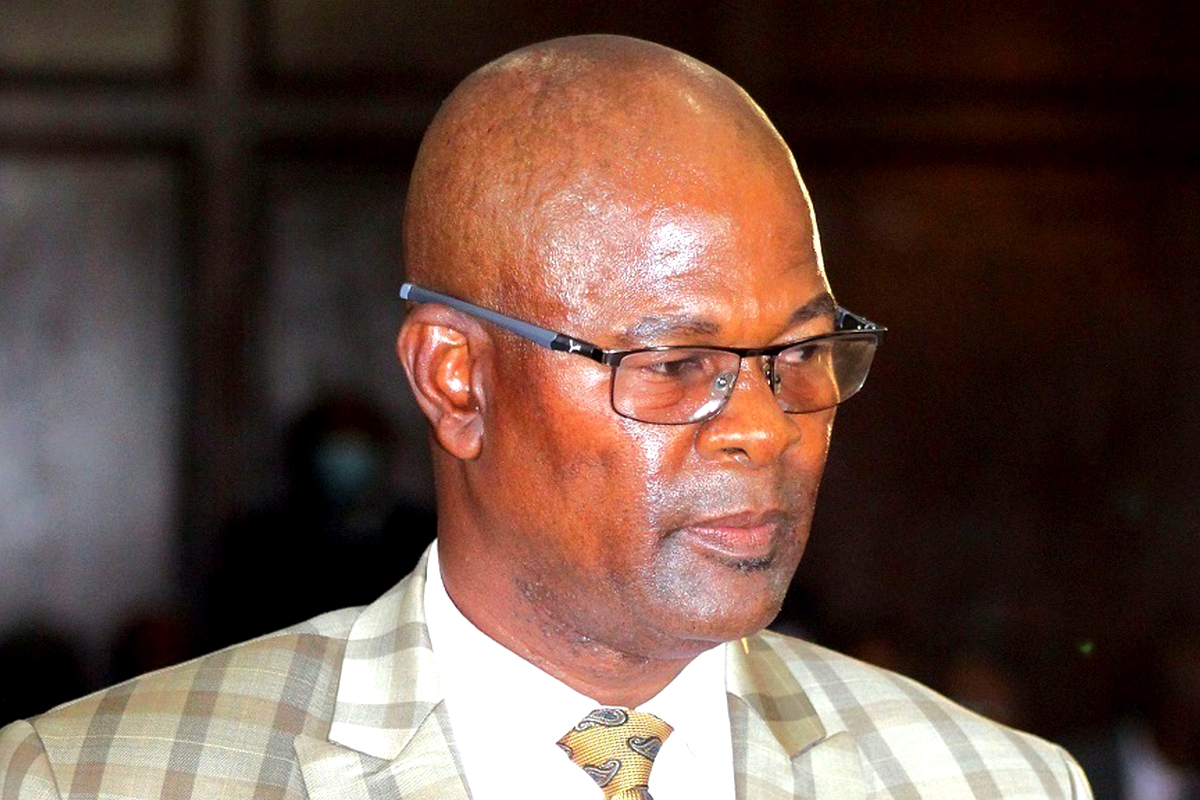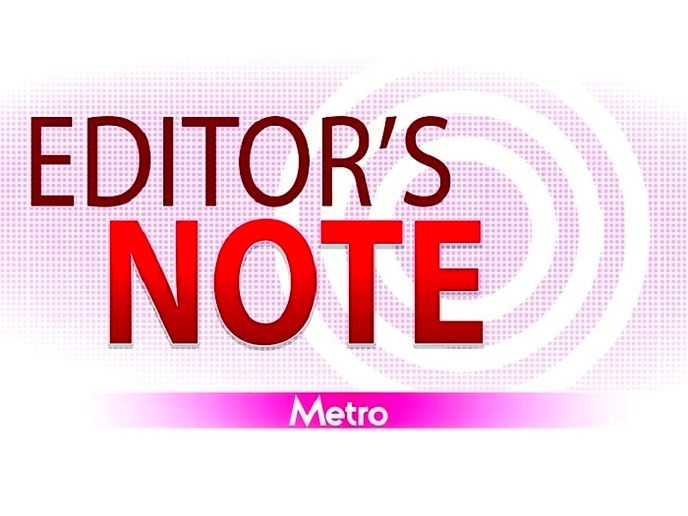GOVERNMENT’s intensions to increase VAT rate on electricity to enhance revenue collection efficiency measures has been met with serious criticism from a consumer protection body, but analysts say it is not as bad.
business
April 16, 2021
NEO SENOKO
3 min read
Mixed reactions as govt targets VAT increase on electricity

The Minister of Finance Thabo Sophonea
The Minister of Finance Thabo Sophonea had said in his budget speech presentation for the financial year 2021/22 that government intends to come up with policy measures that are aimed towards improved revenue to make his budget a reality.
On Tuesday last week, the government revealed in its consolidated report on the budget estimates of revenue and expenditure for the financial year 2021/22 that in order to realise the budget for the fiscal year, part of the plan is to introduce new legislation on various types of tax and its administration with the aim of creating new revenues and enhancing collection efficiency measures.
Some of the measures include increasing the VAT rate on electricity by one percent, from nine percent. The increase is projected to yield M93.5 million in revenue collection.
The report was presented by the portfolio committee on the economic and development cluster.
But, the intentions, seen as productive by the portfolio committee have not been positively welcomed by the Consumer Protection Association (CPA), a membership based body which serves to promote and protect consumer rights in Lesotho.
The argument is that revenue generated in the country does not entirely serve its purpose, but instead, the same government spends the money for its own benefit, on salaries among others.
That means, while consumers will suffer through the implementation, Members of Parliament will on the other hand be ready to enjoy the returns.
The Executive Director of the CPA Nkareng Letsie revealed in an interview with Metro that if implemented, the undertaking will be detrimental on the side of the consumers who are already hard hit by the effects of COVID-19 pandemic since last year.
“Looking at our standards of living, the increase would be damaging to consumers because already, most are struggling to make ends meet. The problem is that even if they increase VAT rate to increase revenue, they also increase their own consumption on the other side through increased salaries and other things. To us, the increase would be damaging and I wonder what they think of us,” Mr Letsie said on Tuesday.
Recently, the government has been slammed for the introduction of M5 000 fuel allowances to MPs together with an earlier 10 percent salary adjustment.
The decision was furiously rebuffed by members of the public who labeled it an immoral and careless move, particularly during these desperate times of the COVID-19 pandemic.
Local analyst, Tebello Tjapela who is also a final year student in Master of Science (MSc) in Economics at the National University of Lesotho (NUL) demonstrated a different view, accentuating generally that a move by government has its own benefits.
Enjoy our daily newsletter from today
Access exclusive newsletters, along with previews of new media releases.
“They have a purpose and the issue of increasing VAT on both electricity and telecommunications is a long term process in which government is moving towards a standardised collection percentage. So the increase will be gradual each financial year because it cannot happen all at the same time,” Tjapela told Metro.
He said the strategy to maximize tax through VAT is a good move because it one of the most reliable sources of tax due to its indirect nature.
“We should also consider the fact that it is another way of redistributing income in that some of the funds collected go to other government projects such as building of hospitals and other infrastructure. The problem with direct taxation is compliance most of the time. It may not be as efficient and therefore, VAT is the most reliable way of collection not only in Lesotho but across the globe. On the part of electricity, the government has already eased the burden through a subsidy that is currently taking place with the first purchase of the month,” he added.
That subsidy, he said, eases the burden that would otherwise be heavy and expensive to the most vulnerable groups.
As it stands, the burden goes to those who purchase electricity in bulk and not directly to the poor.
Tailored for you






